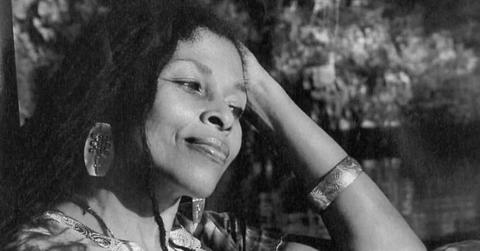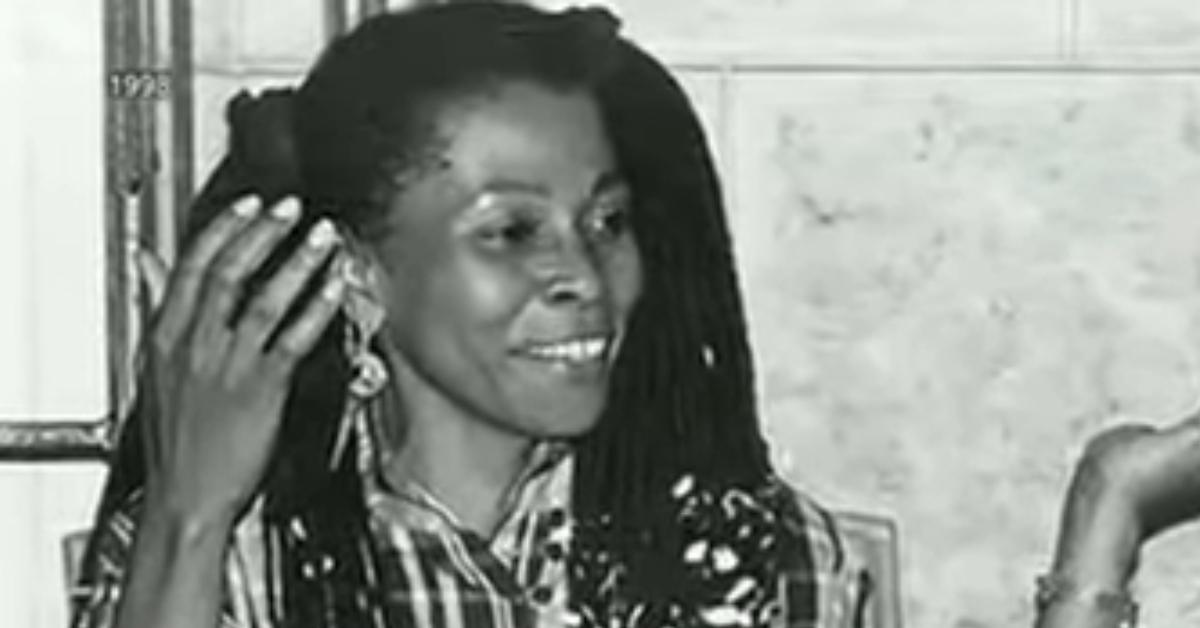Assata Shakur, Political Activist and Ex-Black Liberation Army Member, Has Died at 78
Shakur famously spent decades in Cuba after being convicted of killing a New Jersey State trooper in 1973.
Published Sept. 26 2025, 12:28 p.m. ET
After decades of attempting to let peace take the lead with the Civil Rights movement, the 1970s introduced the beginning of Black Americans resisting through the Black Liberation Army. One of the most prominent members of the underground Marxist–Leninist, Black-nationalist militant organization was Assata Shakur.
During her time with the organization, Shakur was convicted of the killing of a New Jersey state trooper. She later escaped to Cuba, where she lived until she took her final breath.
On September 25, 2025, Shakur, born Joanne Deborah Byron, died in Cuba at the age of 78. Here's everything we know about her cause of death.
What was Assata Shakur's cause of death?
According to a press release from Cuba's Ministry of Foreign Affairs, Shakur died "due to health conditions and advanced age." The press release didn't add more information as to what health conditions she suffered from. According to Shakur's daughter, Kakuya Shakur, the activist passed away during the afternoon of Sept. 25.
"At approximately 1:15 PM on September 25th, my mother, Assata Shakur, took her last earthly breath," Kakuya wrote via Facebook on Sept. 26, 2025. "Words cannot describe the depth of loss that I am feeling at this time. I want to thank you for your loving prayers that continue to anchor me in the strength that I need in this moment. My spirit is overflowing in unison with all of you who are grieving with me at this time. Sending much love and appreciation to you all."
Following Kakuya's announcement, she received multiple comments from people who were influenced by her work.
"I’m so so very sorry. Your mother is forever immortalized in the hearts and minds of millions of people she inspired - including me in my youth," one Facebook commenter wrote. "May she rest in power and paradise."
"I’m soooo sorry!" another exclaimed. "Thank you so much for sharing her with us! Thirty years ago… SHE CHANGED WHO I AM!"
"Words cannot express our love and deepest gratitude for what your mother has done for us," a third commenter wrote. "May the ancestors be pleased.
A look at Assata Shakur's legacy.
Shakur's stamp on the Black activism movement began while she was in college in the 1960s. According to journalist Phil Lewis's Substack, What I'm Reading, she was active in the 1960s Civil Rights and anti-war movements at the time. However, she eventually connected with her ex-husband, fellow student activist Louis Chesimard, during her time at City College of New York. In the 1970s, she graduated from college and moved from New York to California, where she joined the Black Panther Party.
Shakur stayed with the Black Panther Party for a time before joining the Black Liberation Army later on. It was there that she was convicted for killing a New Jersey state trooper during a shootout in 1973. In 1979, she escaped jail and left the United States for Cuba. She has always maintained her innocence.
"As a result of being targeted by [the FBI program] COINTELPRO, I was faced with the threat of prison, underground, exile or death,” Shakur said in a letter penned to Pope John Paul II during his trip to Cuba in 1998, during which the FBI urged him for her extradition. “I am not the first, nor the last, person to be victimized by the New Jersey system of 'justice.' The New Jersey State Police are infamous for their racism and brutality.”
According to Democracy Now, Shakur was he first woman added to the FBI’s terrorist list, and the reward for her capture was doubled to $2 million. She never returned to the U.S.
Shakur leaves behind her daughter, Kakuya, and several grandchildren.



